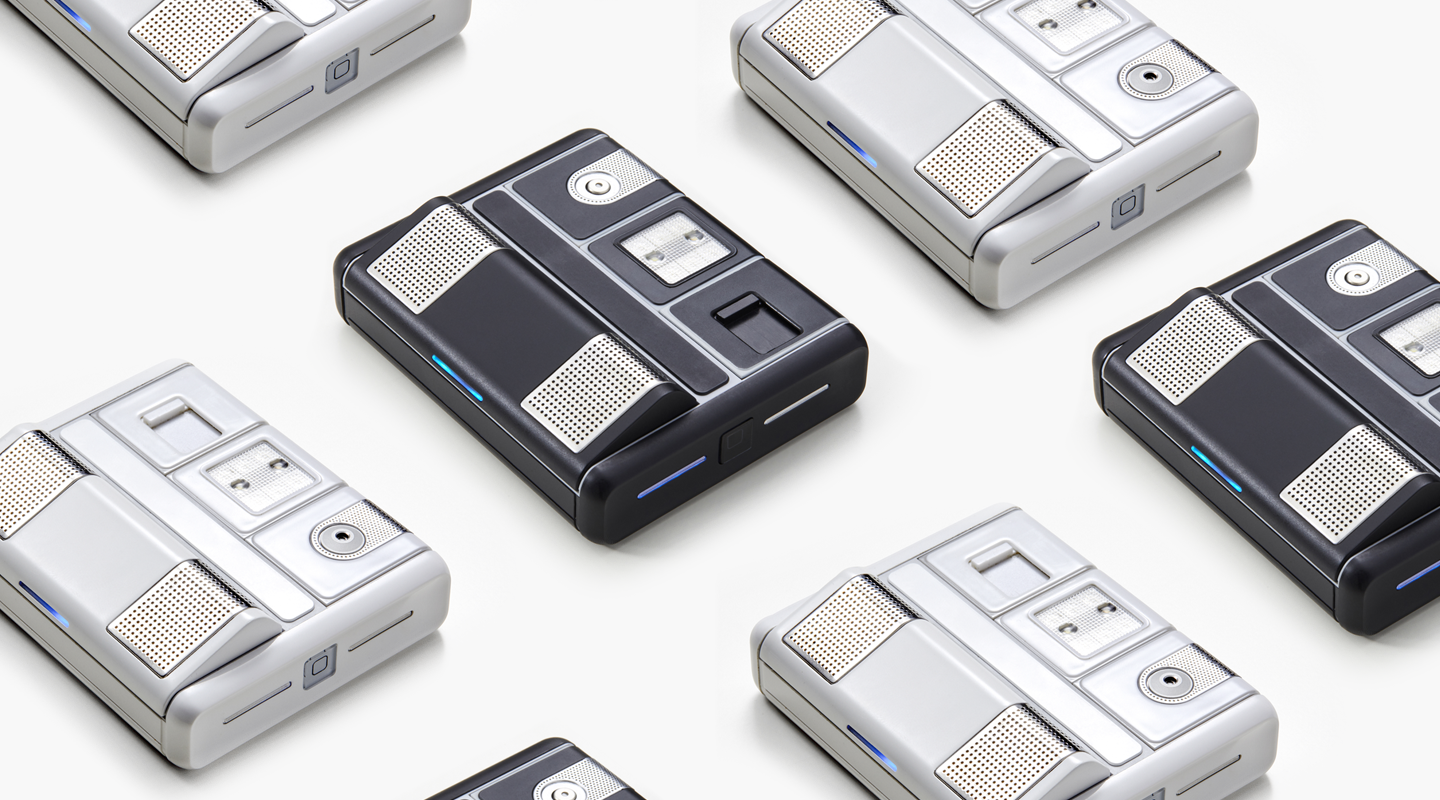
Think about common consumer products nowadays, what kind of components do they consist of? To make a good product, you need some sort of core element (sensor or emitter of sorts) and secondary elements for a proper user experience. How many of these secondary elements do you need and how important are they for a product?
For example, for a room digital thermometer, you will have a temperature sensor as a core element and secondary elements: battery, screen, buttons, charging slot, IC, complex plastic or metal housing. Up to 95% of the product doesn’t serve its primary function and you pay for it! When I say pay I not only mean money out of your pocket, but also the environmental pollution (battery, plastics production, etc…) and innovation speed cost. What does an innovation speed cost mean? See an example below.
A story of “Cool Garage Friends LLC.”
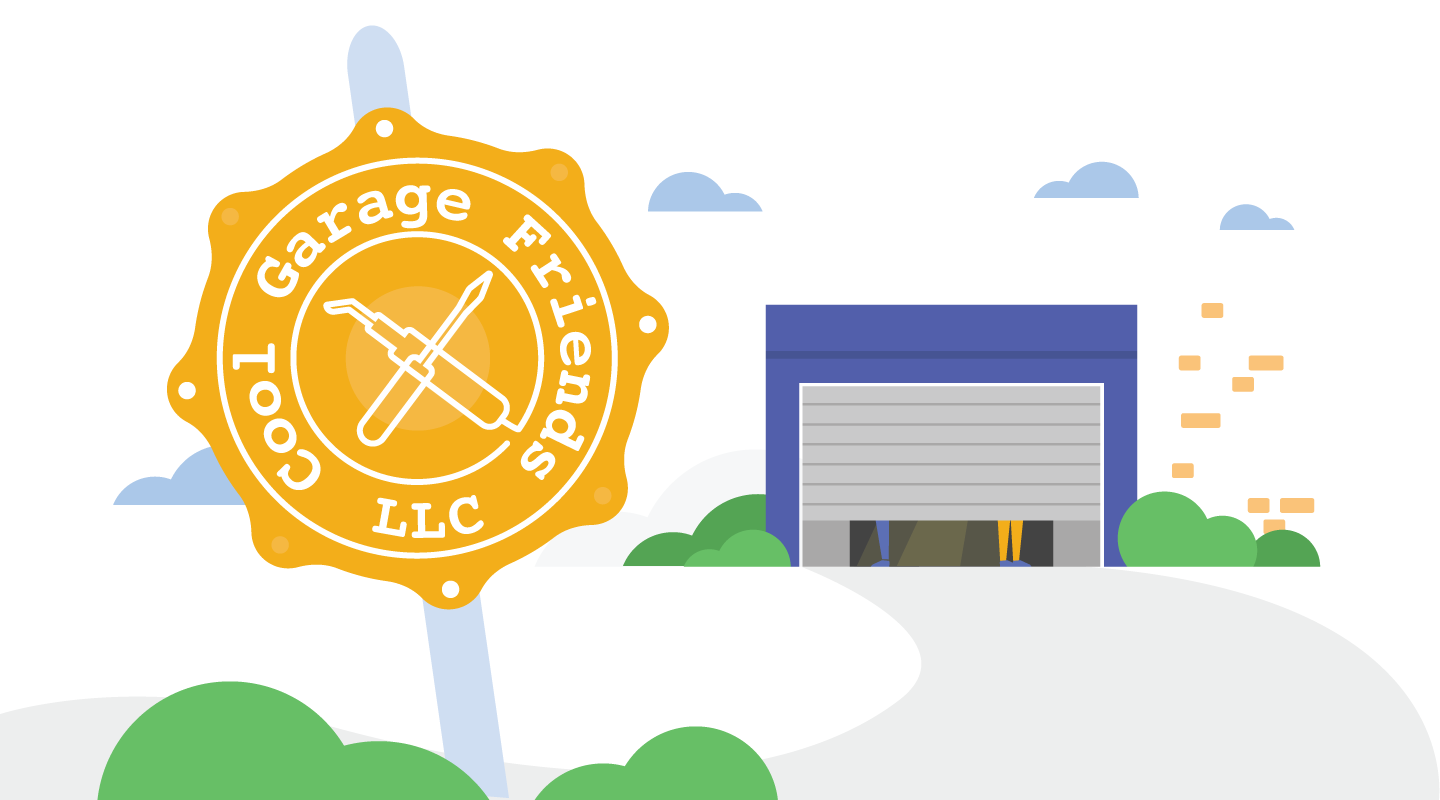
Imagine that you and your friends created a new state of the art temperature sensor – ultimate precision, wide range of operating temperatures, low cost and banana smell. Sounds like your work is done, you are ready to go to market! Sorry, but NO. It is time for you to create a “consumer electronics product”. This is a short list of things you might want to consider:
- Battery (Accumulator or replaceable)
- User Interface (screen or speaker for voice)
- Button(s) to operate the product (On\Off)
- Plastics to fit all these
- Mass production compatible design
In most cases that means that you will need a significantly bigger team and potentially an investor to finance all the production.
Also, if investor says to you that you should pursue the growing IoT market and add Bluetooth into your device, develop a mobile app for it and let users save their readings in Cloud this becomes really important and the conditions of their investment can pend on the inclusion of their idea, not yours.
Here you probably will stop me and say “Hey dude, but my friends and I don’t want to do all this boring stuff! We already made the cool sensor, can’t we just sell it? Screw all batteries, plastics and other things”. Sure thing, you can. Just be ready for the reality check when each device with your sensor and a price tag of 30 to 80 US$ you will earn about 1-3 US$. Sounds unfair right? You are the guys who made the innovation, but you are ones getting the least out of it.
Also, remember how I mentioned innovation speed cost? It will likely take at least an additional 6-12 months to design, test and mass produce the resulting product…
“Cool Garage Friends LLC” goes modular.
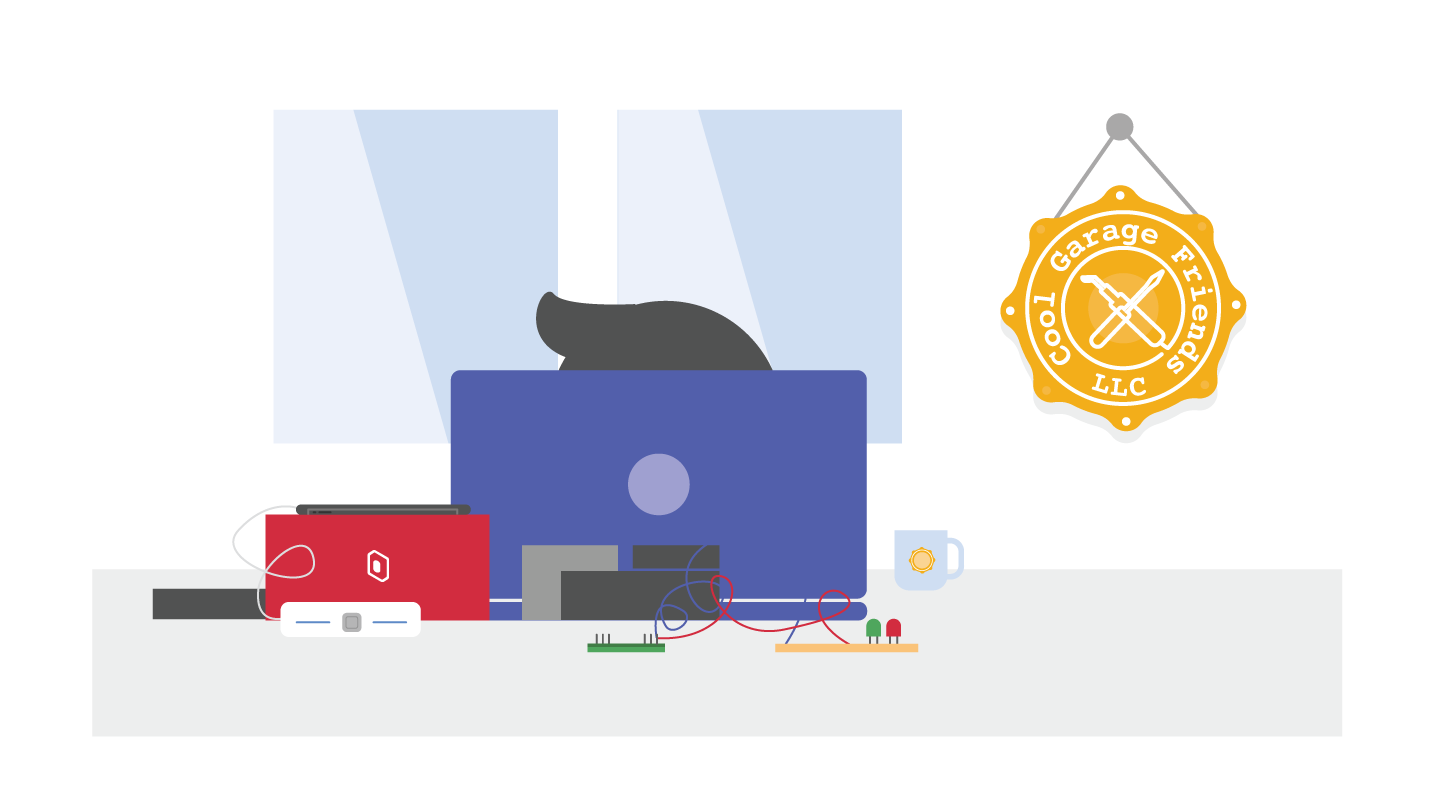
Fortunately, you have an alternative way, you can get your cool sensor into a module format. By putting your excellent sensor into module format, you are getting all these out of the box:
- Vast power bank rechargeable battery
- Rich smartphone touchscreen for your user interface
- Smartphone speakers to interact with a user
- Memory & Internet access, you are an IoT device by default
Moduware provides mass production ready PCB and Housing templates to streamline your leap to the market. By removing redundant hardware components, the small team like “Cool Garage Friends LLC” or even an individual maker can make a complete, market-ready product without building a corporation for it.
Time for you to interrupt me and say “Alex, sounds cool, but who will make an app for us? Clearly, we will need to hire someone for it”. Well, we at Moduware really love templates, and we provide them for module interfaces (“tiles”) too. And in our tiles, we are also removing all of the redundant parts. A simple tile for a module can be crafted by a kid with copy and paste as a method of programming.
You also have an option to open your module for a community of tile developers so that they can build their own interfaces or multi-module solutions on top of it. By doing so, you can focus on the hardware aspect and perfect your sensor, while community thinks about creating the best UI for it.
And here is the last concern that crush dreams of many makers and sooner or later will come to you too: “But how I can sell and market my module? I dunno anything about it…”. Yeah, this one is tough, but we can aid with it too! You can sell your module at our webshop, and furthermore, we plan to bring the e-shop right in our app, as close to potential users as you can get. Do you remember how application stores on smartphones empowered individuals app devs and how indie game developers got empowered with platforms like Steam? We are aiming to do so with hardware. No longer will the challenges of hardware redundancy dictate the fate of a product, free the maker, Viva la Revolucion!
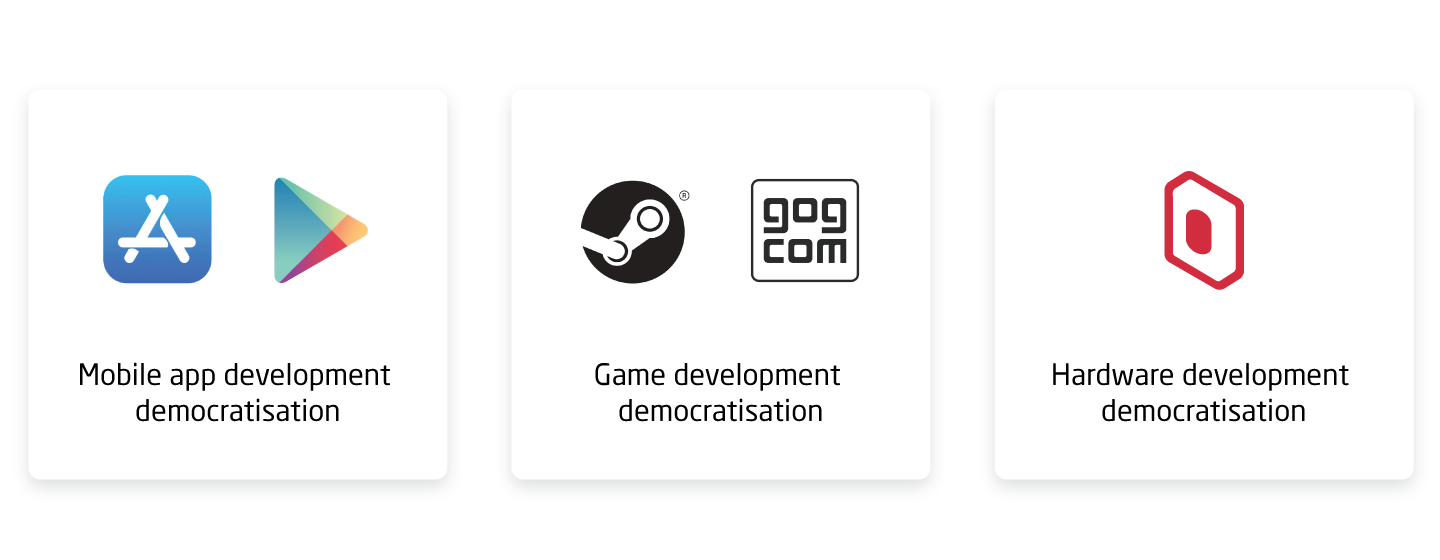
Future of modularity
Our platform is in its early years now, and while it is available for most of the applications, there are some limitations related to a communication channel (BLE speed limitation) and on-gateway data processing. These two and other minor issues that we will resolve in future iterations of the platform while keeping it backwards compatible. We will expand our platform by adding other kinds of modular devices to our existing modular power bank, and we will improve it by making our hardware more universal with a variety of new features for any module to use.
Our mission is to open as many hardware niches as possible for individual developers and decrease innovation cost for the benefit of both creator and consumer.
Where to start?
You can check our website to see what’s available now: https://moduware.com.
You can check our developer’s documentation, it is still a work in progress, and we are improving it every day: https://github.com/moduware/developer-documentation.
We have a meetup group in Melbourne, Australia and planning a series of workshops, join us: https://meetup.com/Moduware-Melbourne/.
If you are unable to join us at workshops in person, we are planning to record them and publish them onto our youtube channel.
Stay tuned and follow us on social media for more updates!
By Alex Chernov


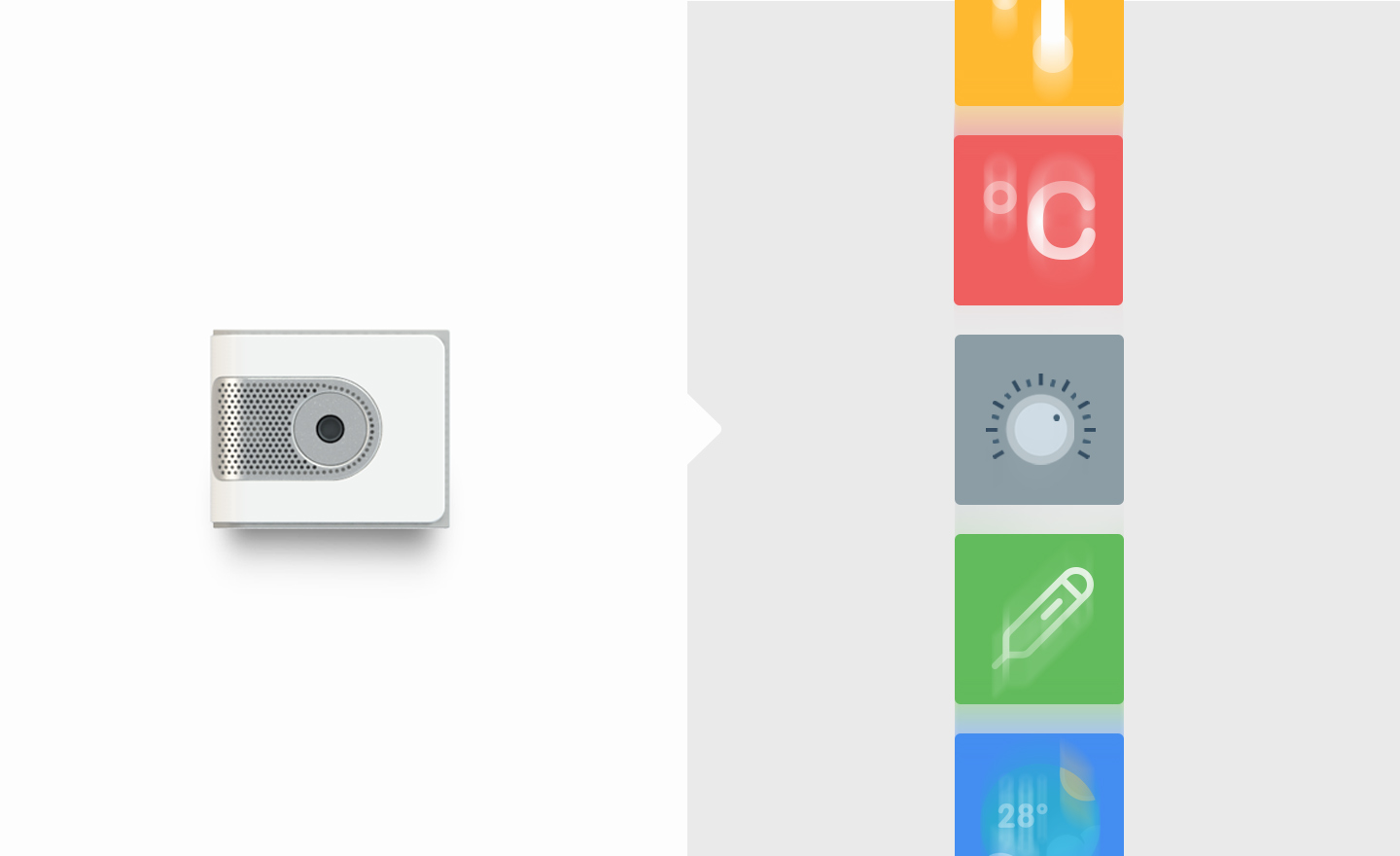
About The Author: Moduware
More posts by moduware